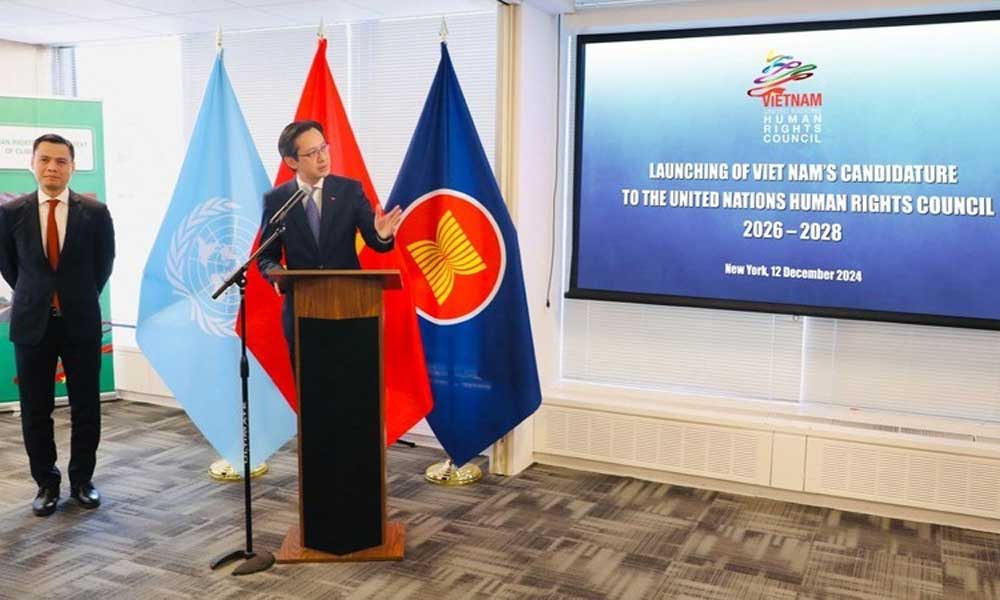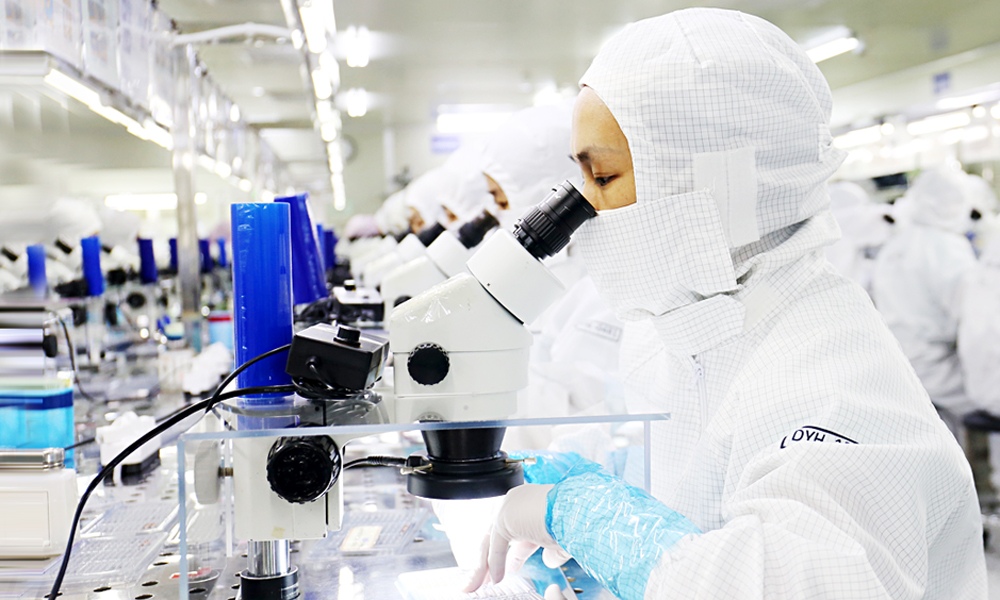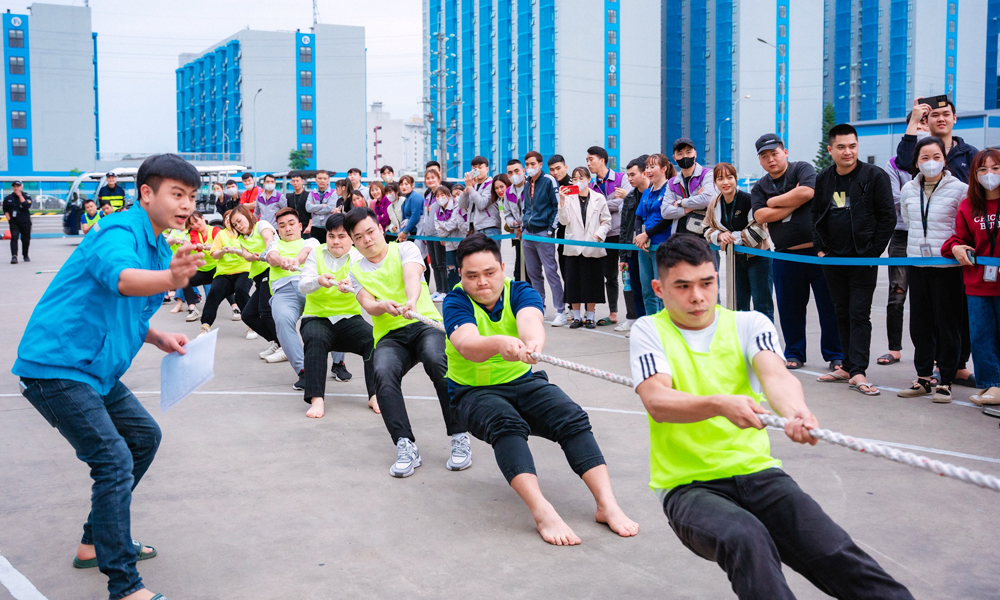Viet Nam maintains high human development index
A new report published by the United Nations Development Programme (UNDP) on May 7 reveals that progress in human development is experiencing an unprecedented slowdown, while artificial intelligence (AI) could become a new driving force for growth.
The 2025 Human Development Report, titled “A matter of choice: People and possibilities in the age of AI”, analyses development progress based on the Human Development Index (HDI), which measures health, education and income achievements. Projections for 2024 reveal stalled progress on the HDI in all regions across the world.
 |
|
Viet Nam’s HDI in 2023 reached 0.766, placing the country among the group with high human development. |
Artificial intelligence as a new development driver
Rather than experiencing a steady recovery after the severe crisis of 2020-2021, the report shows that current progress falls significantly short of expectations.
Excluding the two crisis years, the global growth rate in human development forecasted in this year’s report is the lowest since 1990.
Nevertheless, Viet Nam’s HDI in 2023 reached 0.766, placing the country among the group with high human development, ranking 93rd out of 193 countries and territories.
Between 1990 and 2023, Viet Nam’s HDI increased from 0.499 to 0.766, representing a remarkable rise of 53.5%.
In addition to the concerning global stagnation, the report also highlights the widening inequality between wealthy and poorer nations. As traditional development pathways are increasingly constrained by global pressures, decisive action is needed to avoid prolonged stagnation.
Achim Steiner, UNDP Administrator, stated: “For decades, we have been on track to reach a very high human development world by 2030, but this deceleration signals a real threat to global progress.”
He added, “If 2024’s sluggish progress becomes ‘the new normal’, that 2030 milestone could slip by decades, making our world less secure, more divided, and more vulnerable to economic and ecological shocks.”
The report also shows that inequality between countries with low and very high HDI levels has increased for the fourth consecutive year, reversing a long-standing trend of narrowing gaps between rich and poor nations.
Development challenges in countries with low HDI are becoming more severe due to rising trade tensions, worsening debt crises and jobless industrialisation.
“Amidst this global turmoil, we must urgently explore new ways to drive development," Steiner added, “As artificial intelligence continues its rapid advance across so many aspects of our lives, we should consider its potential for development. New capabilities are emerging almost daily, and while AI is no panacea, the choices we make hold the potential to reignite human development and open new pathways and possibilities.”
Putting people at the centre of AI development
The report also shares new survey results indicating that people around the world view the changes brought by AI with realism but also hope.
Half of the respondents believe their jobs could be automated. However, up to 60% expect AI to positively impact employment, creating opportunities for jobs that do not yet exist.
Only 13% of survey participants expressed concern that AI might lead to job losses. On the contrary, in countries with low and medium HDI, 70% of respondents believe AI will boost their productivity, and two-thirds expect to use AI in education, healthcare or work within the next year.
The report outlines three key areas for action: building an economy where people collaborate with AI rather than compete against it; embedding human agency across the full AI lifecycle, from design to deployment; and modernising education and health systems to meet 21st-century demands.
The report calls for a human-centred approach to AI development, which could fundamentally reshape how development is pursued. Survey results show that people worldwide are ready for this “reset”.
Democratisation of AI is already underway. About one-fifth of survey respondents reported having already used AI.
In lower HDI countries, two-thirds of the population expect to use AI in education, healthcare or work within the next year. This underscores the urgent need to close gaps in electricity and internet access to ensure no one is left behind.
However, access alone is not enough. The real divide will depend on whether AI effectively supports and enhances human labour.
Pedro Conceicao, Director of the UNDP’s Human Development Report Office, stressed, “The choices we make in the coming years will define the legacy of this technological transition for human development. With the right policies and focus on people, AI can be a crucial bridge to new knowledge, skills, and ideas that empower everyone from farmers to small business owners.”
 Bắc giang
Bắc giang














Reader's comments (0)